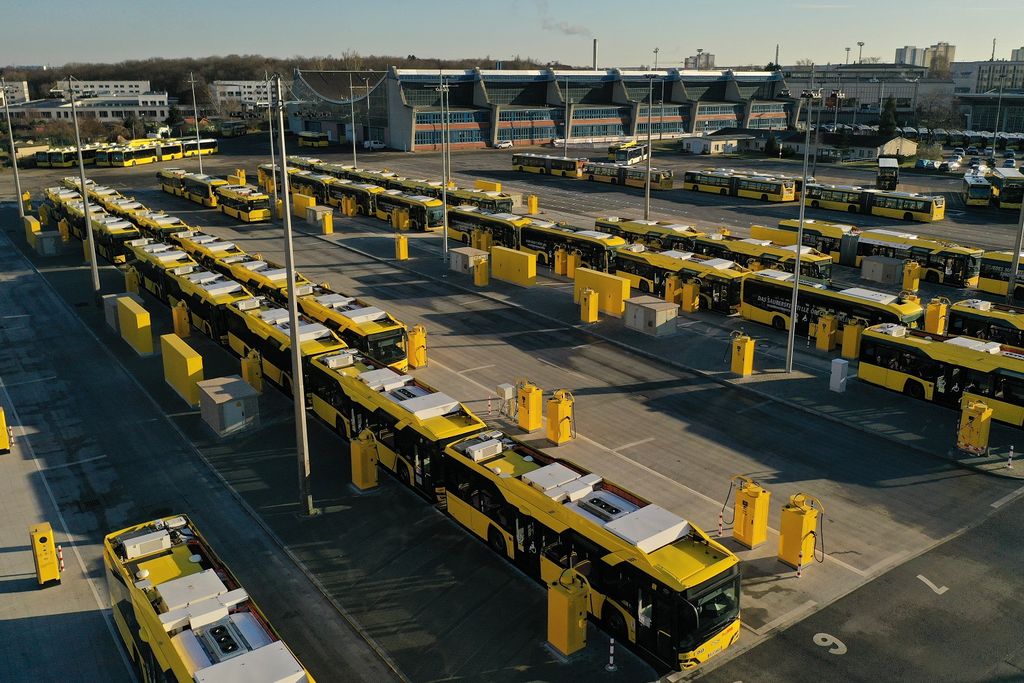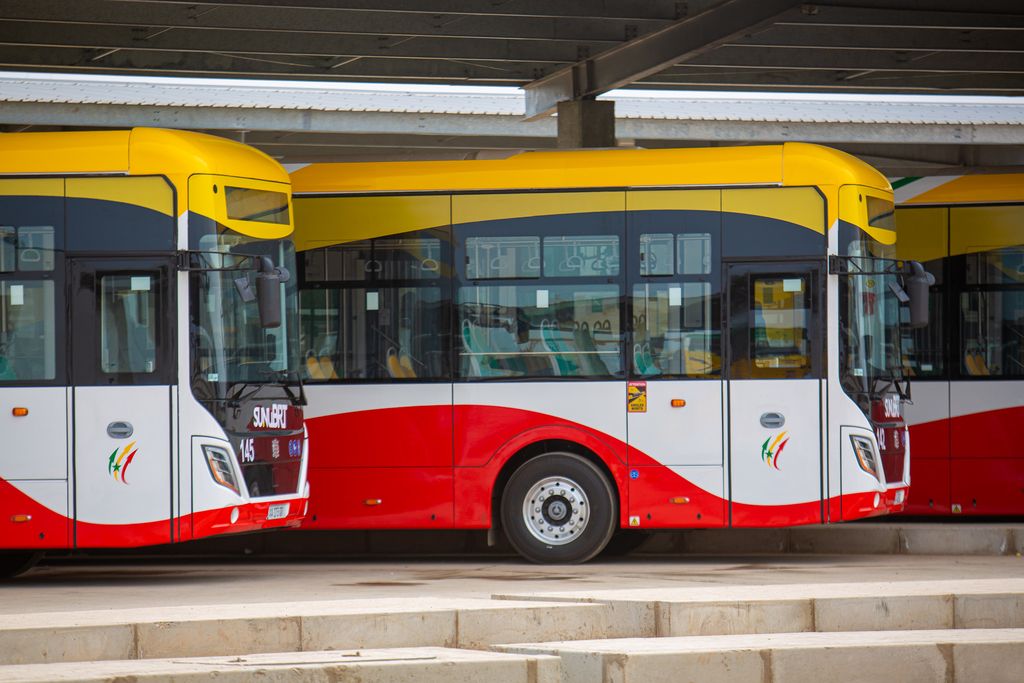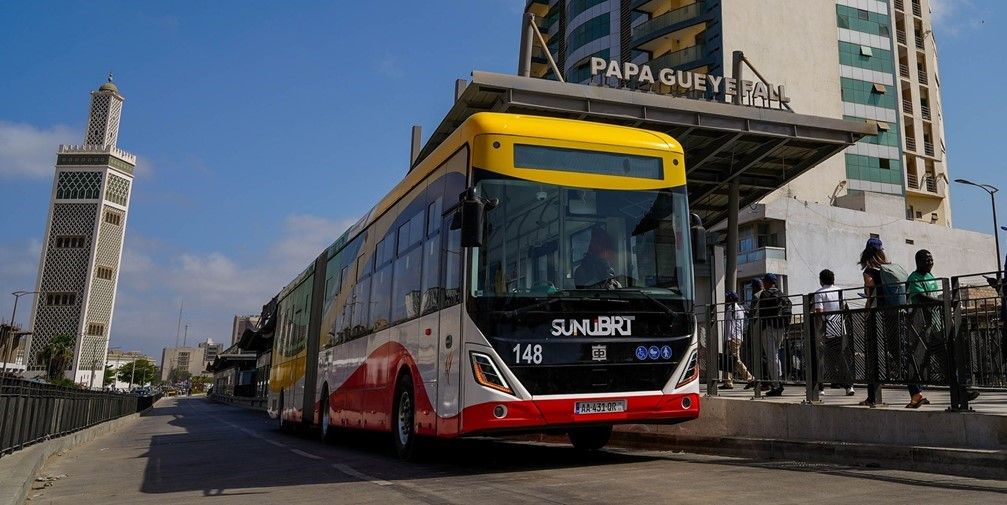
Large-scale bus electrification: new challenges for IT systems
What switch do operators need to push when electrifying bus fleets?
With the introduction of electric vehicles, public transport operators have to establish electric energy management. To do so, existing business processes must be reviewed and modified and – in some cases – new processes will need to be defined. As most steps of public transport planning and operation today are usually managed by IT systems,this also means that IT systems need to be adapted to the changing requirements.
To better support the sector, UITP has published the report‘Large-scale bus electrification: new challenges for IT systems’,providing an overview of the requirements that energy management for electric vehicles impose on strategic and operational planning, depot management and operations control.
The report looks at the adaptation of IT-systems from various angles
Alongside an overview of relevant technologies on the vehicle and the infrastructure side, the report also discusses the effects on the IT systems for timetable, block and duty planning for vehicle and personnel dispatch, depot management, operations control (ITCS) and charge management in the depot and during line operation.
Furthermore, the report’s case studies offer practical examples for the implementation of IT systems for electric bus operation.
In short, the Report looks at the adaptation of IT-systems from various angles:
- Energy management, procurement and distribution
- System design and service planning
- Resource planning and depot and charge management
- Operations control
- Standards and interfaces











